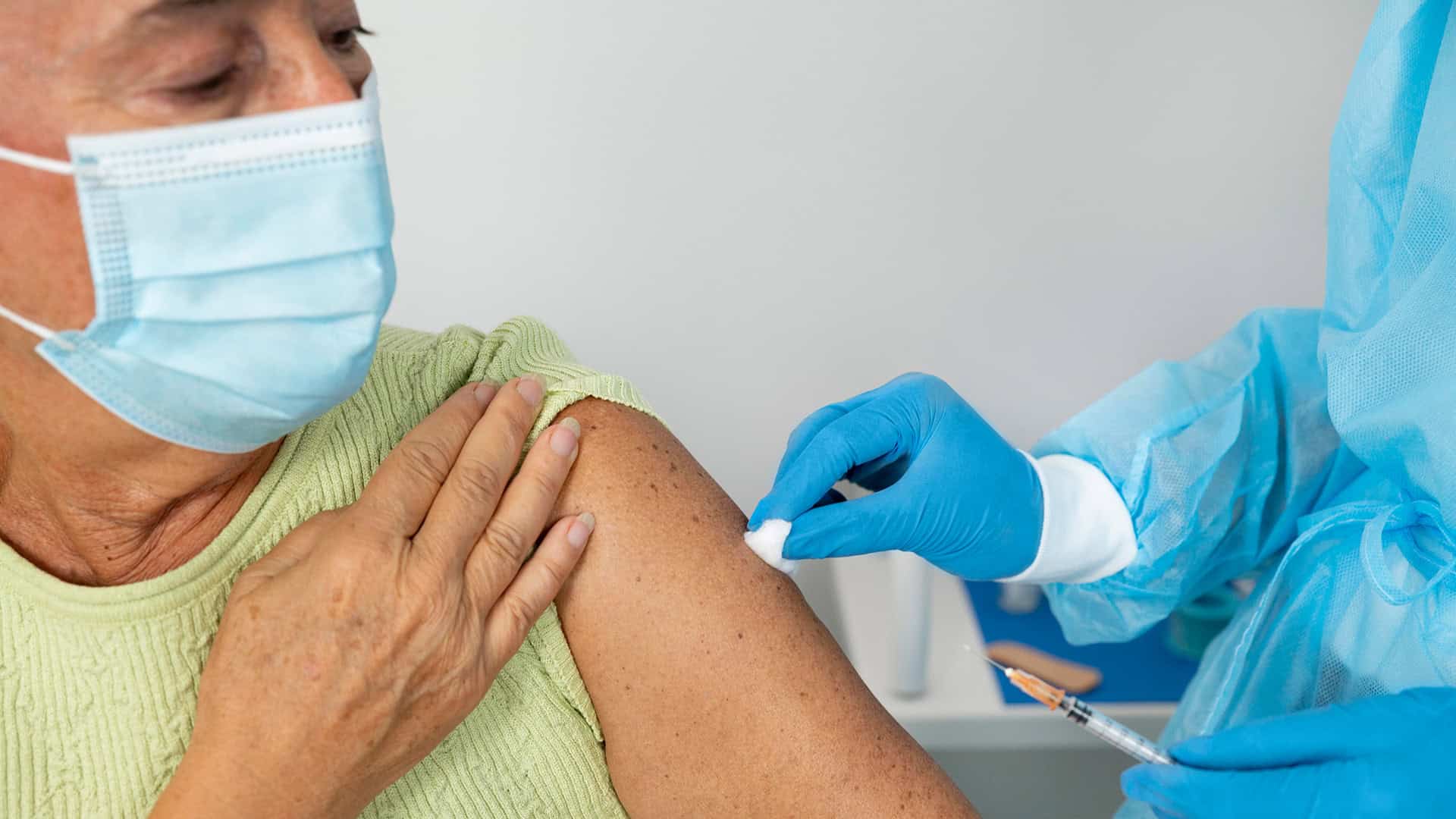Staying Protected with the Pneumococcal Vaccine

Pneumococcal vaccination is an important preventive measure that substantially reduces the burden of pneumococcal disease in vaccinated individuals and in the population.
Invasive pneumococcal disease (IPD) is caused by the bacteria Streptococcus pneumonia, including infection of the lungs (pneumonia), ear (otitis media), brain (meningitis), blood (bacteraemia), and other serious infections.
IPD is most common in children who are four years old and under, but its incidence slowly increases starting from age 35. Patients aged 65 and above are at high risk of morbidity and mortality, and are strongly recommended to receive the vaccine.
Pneumococcal vaccination is strongly recommended for individuals who are:
- Aged 65 and older
- Diagnosed with diabetes mellitus
- Living with chronic conditions such as heart, liver, or lung diseases
- Suffering from immunocompromised conditions such as blood cancers

There are three types of vaccines available:
- Pneumococcal Conjugate Vaccine (PCV13)
- Pneumococcal Polysaccharide Vaccine (PPSV23)
- Pneumococcal Conjugate Vaccine (PCV20)
In Singapore, it is recommended for
| Recommended Age Group | Vaccine Type / Dose |
|---|---|
| Elderly aged 65 years and above | One dose each of PCV13 and PPSV23, taken one year apart. |
| Alternatively, a single dose of the PCV20 vaccine can be taken to replace both the PCV13 and PPSV23 vaccines. | |
| For adults 18 to 64 years old | One dose of PPSV23 or PCV20 vaccine is recommended. |
Singaporean adults who fall into the category of the above recommended conditions will be eligible for subsidy for pneumococcal vaccines (PCV20 not included currently) when administered in their enrolled Healthier SG clinic.
Inform your healthcare provider if you have had a bad reaction to any vaccination in the past. It would be deemed unsafe for you to receive the vaccine if there has been a confirmed severe allergic reaction to the pneumococcal vaccine or any ingredient in it. However, if it was only a mild reaction such as a rash, it is generally safe for you to do so.
Similar to most vaccines, the pneumococcal vaccines can sometimes cause mild side effects.
These include:
- Low grade fever
- Redness / mild swelling at the injection site
- Lethargy or muscle ache
Side effects, if present are often mild and can be managed with paracetamol, if necessary.
Raffles Medical supports the Healthier SG programme! Customise your health plan with a primary doctor, receive subsidies on chronic care, and stay updated with vaccinations and screenings at your preferred clinic. Take steps to better your health today!



